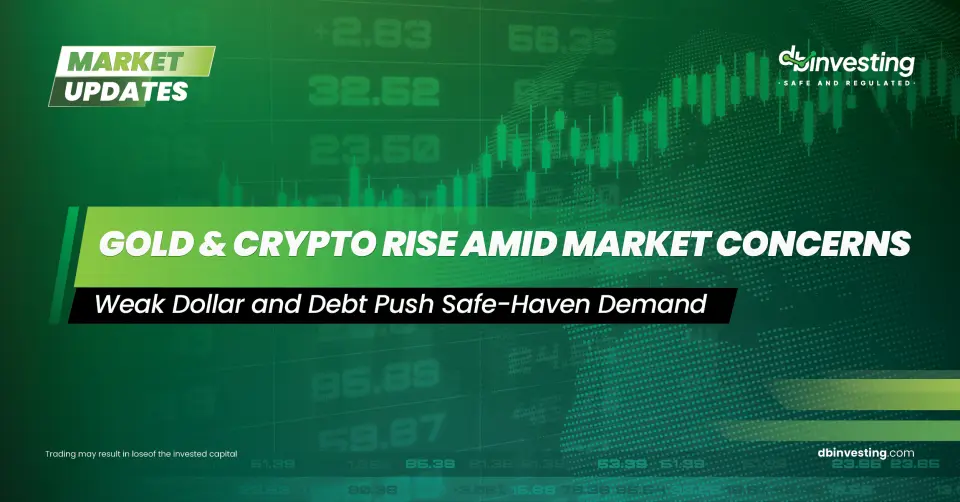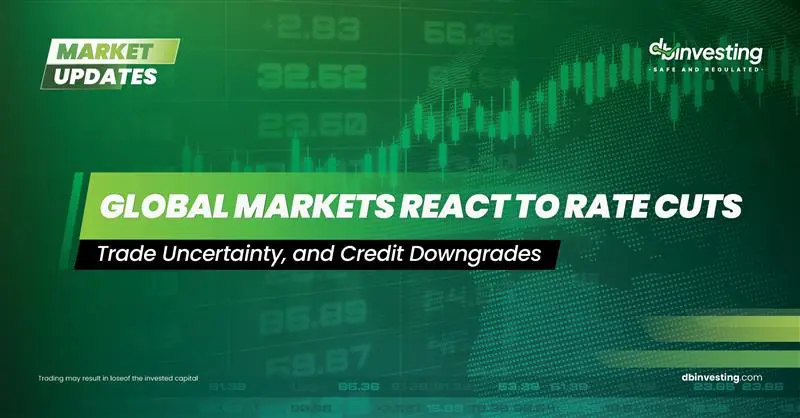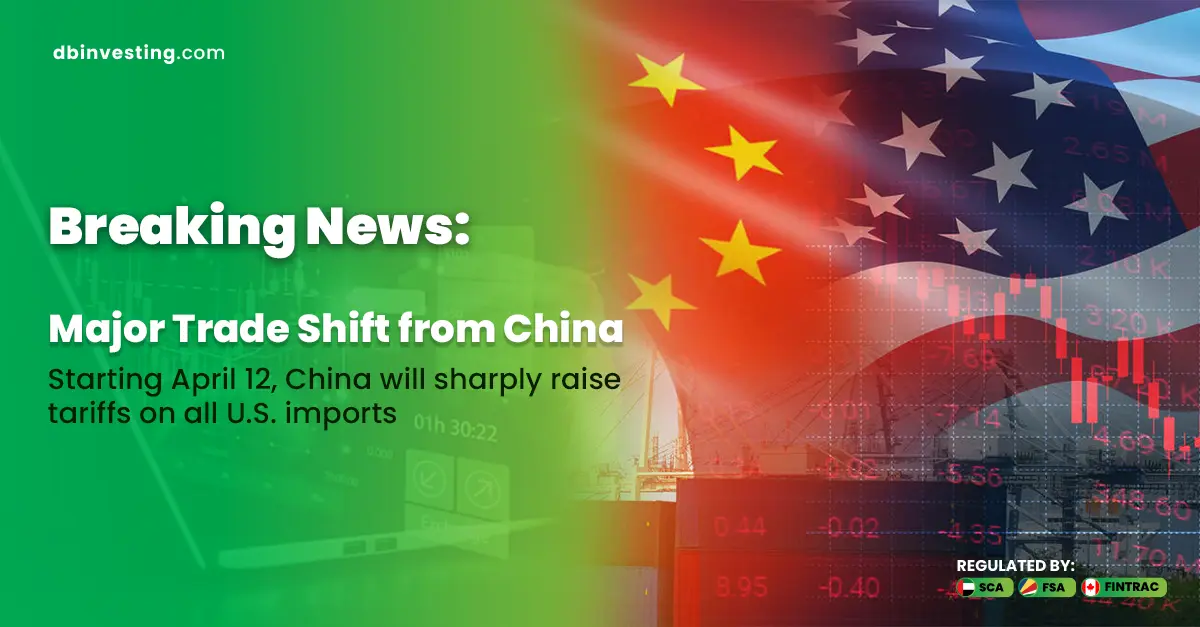Oil and Gold Surge, Notable Currency Moves Amid Heightened Tensions
1. Oil Market Update:
Oil prices surged more than 2% on Monday after OPEC+ announced it would increase production in July by the same amount as the past two months — 411,000 barrels per day. This move came as a relief to traders who had feared a larger output increase.
The decision, announced Saturday, reflects OPEC’s attempt to regain market share and penalize countries that exceeded their quotas. Market participants expected a more aggressive increase in output.
Meanwhile, a decline in U.S. fuel inventories has raised concerns about potential supply shortages, especially with forecasts pointing to a stronger-than-usual hurricane season.
2. Gold and Trade War Tensions:
Gold prices rose on Monday amid escalating geopolitical tensions, including the ongoing Russia-Ukraine war and a new wave of U.S. trade protectionism.
Former President Donald Trump threatened to double tariffs on steel and aluminum imports from 25% to 50%, prompting the European Commission to warn of retaliatory measures. This led investors to seek safe-haven assets, boosting gold.
3. Global Currencies and Central Banks:
- The euro gained on Monday in early European trading as the U.S. dollar weakened, pressured by renewed U.S.-China trade tensions. Optimistic economic data and hawkish ECB commentary fueled speculation that a rate cut in June may not be certain. Inflation data due Tuesday is now in sharp focus.
- The Japanese yen rose for the third straight session in Asia, benefiting from its safe-haven status amid rising global tensions. Trade talks with China appear strained, and Ukraine’s complex attack on Russian airbases has intensified geopolitical risks.
Tokyo’s latest economic data showed inflationary pressures building. The core consumer price index (CPI) posted its highest annual increase since January 2023, increasing the odds of a BOJ rate hike in June from 35% to 45%.
Conclusion:
Global markets are currently navigating a highly volatile environment. With rising oil prices, renewed trade war fears, shifting currency dynamics, and mounting inflation risks, investors should stay informed and vigilant. Central banks’ next moves — especially from the U.S., ECB, and BOJ — will likely shape the short-term trajectory of multiple asset classes.






